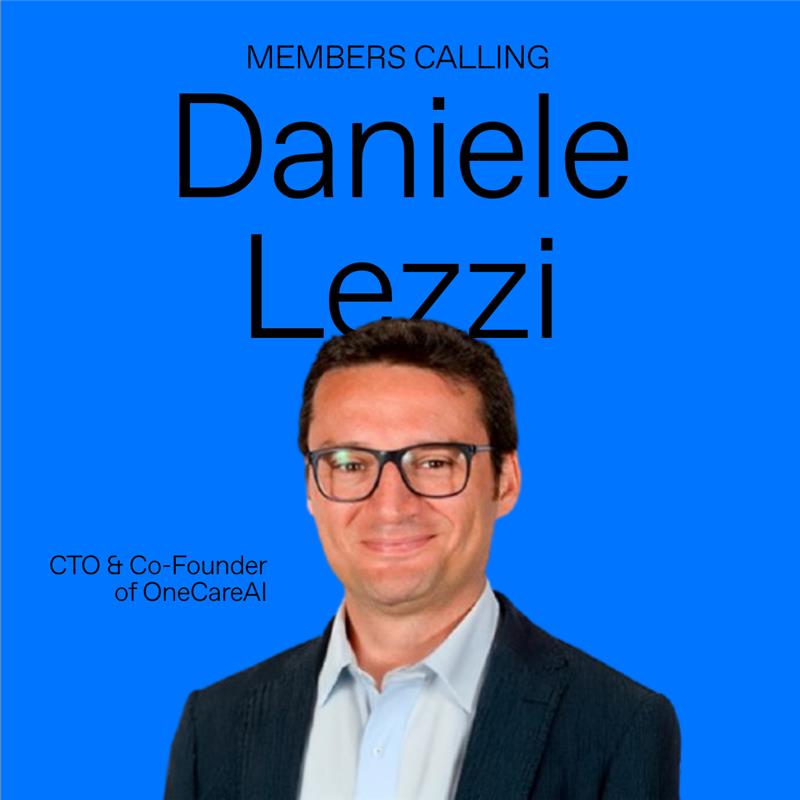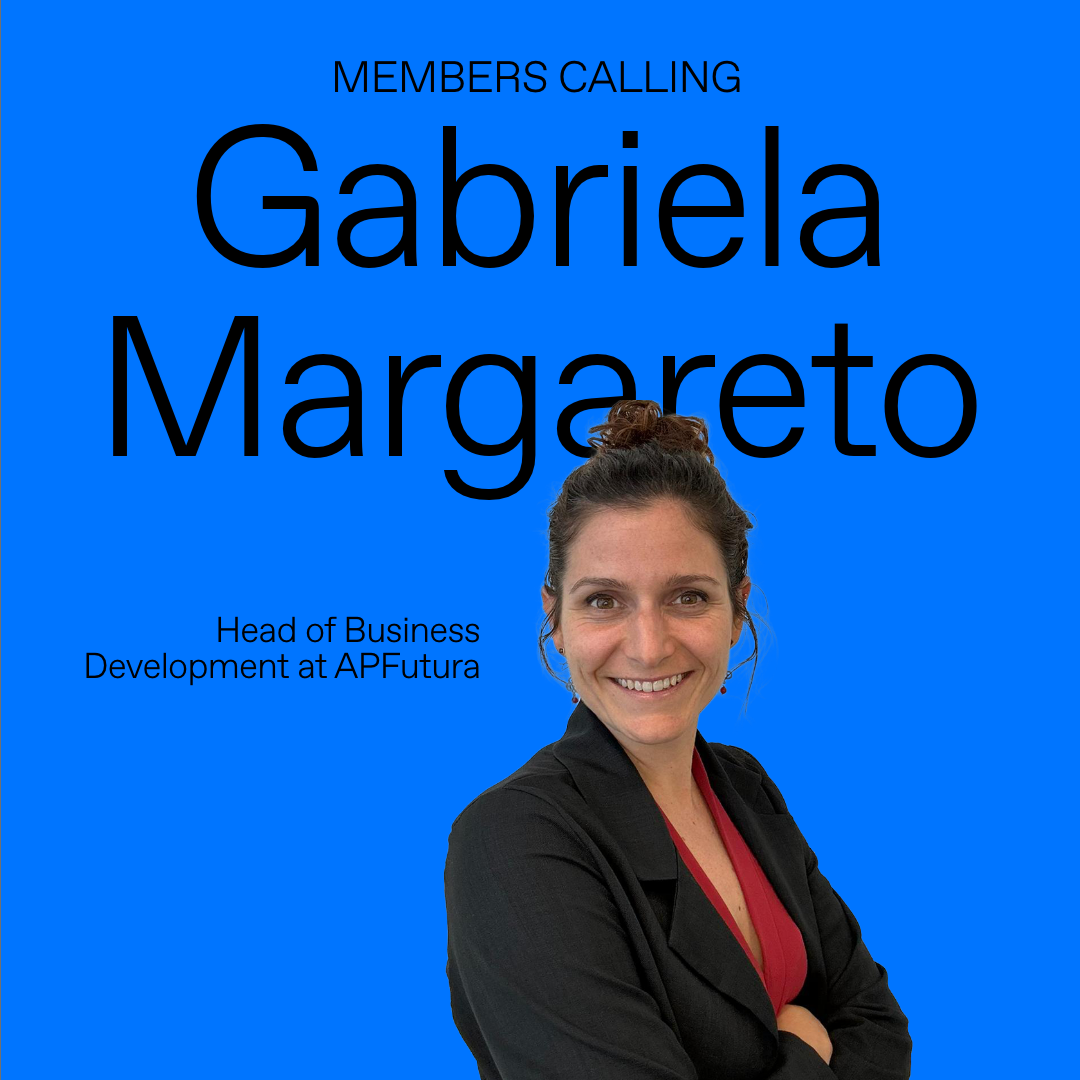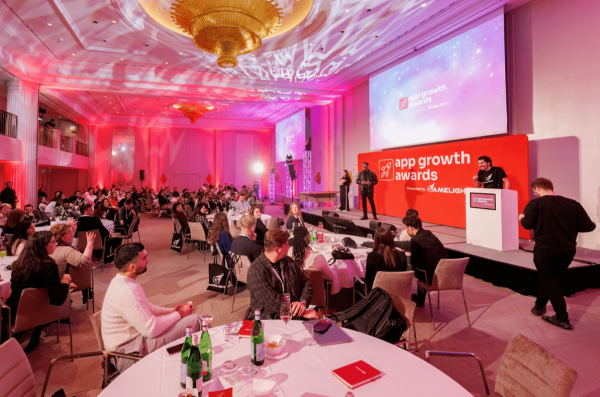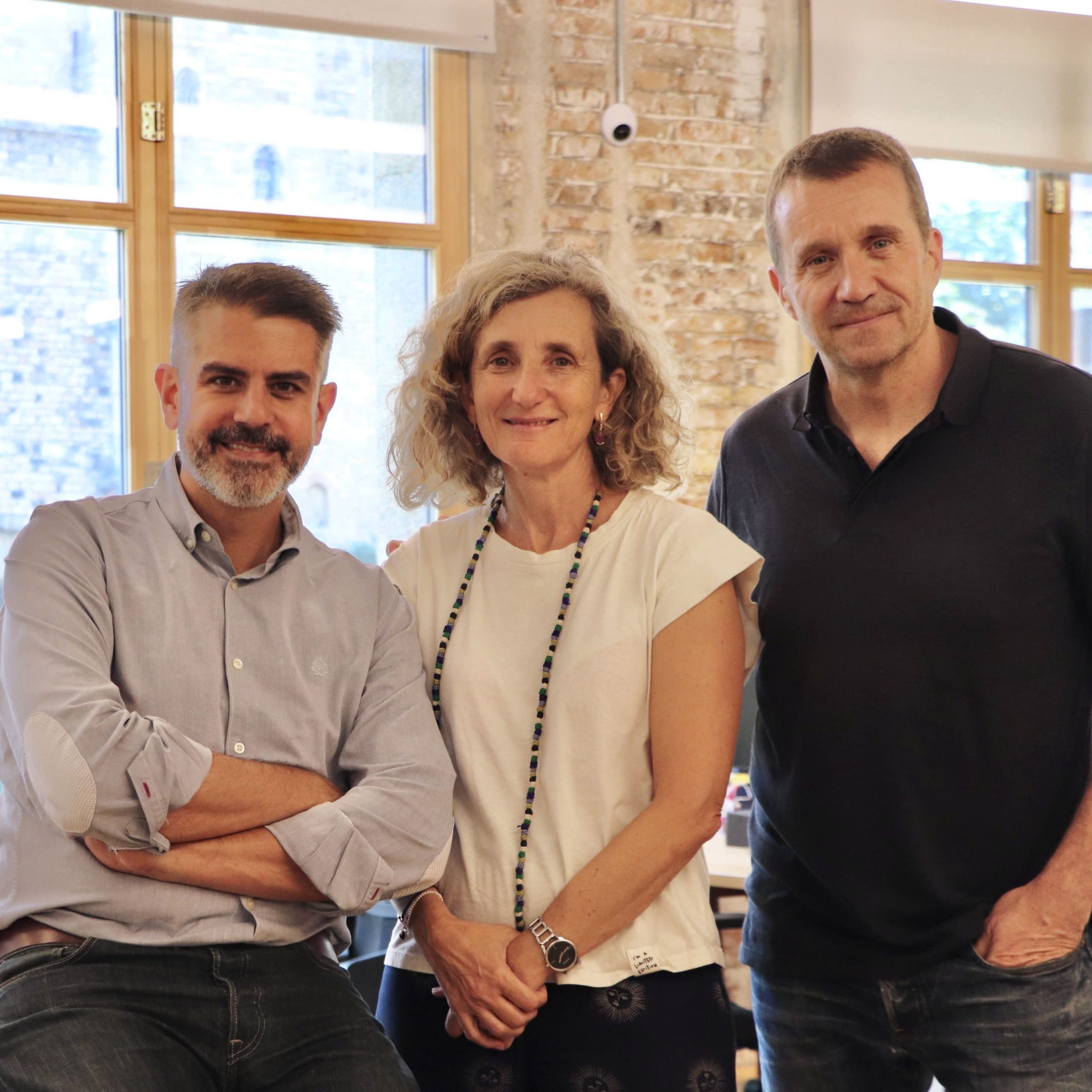Ciudades Conscientes: Una herramienta innovadora para la descarbonización urbana en tiempo real
Barcelona, 4 de diciembre de 2024
La startup Biyiud ha lanzado su Ranking de Ciudades Conscientes, una plataforma pionera que mide y permite seguir en tiempo real el avance hacia la descarbonización de municipios y ciudades en España. Este innovador desarrollo (accesible en https://cities.biyiud.eco/), destaca por su capacidad de segmentar y analizar el impacto ambiental positivo por sectores —residencial, industria y servicios— e incluso a nivel de códigos postales.
Un modelo transformador hacia la neutralidad climática
En un contexto marcado por la urgencia de enfrentar la Ebullición Global, el Ranking de Ciudades Conscientes fomenta la colaboración entre ciudadanos, empresas y administraciones públicas para acelerar la transición energética.
Según Manuel Villa-Arrieta, CEO de Biyiud:
“Conectar el consumo responsable de energía de los hogares, el crecimiento de marcas sostenibles y la descarbonización de las ciudades en tiempo real es el camino que hemos buscado desde nuestro inicio.”
Los usuarios de Biyiud consumen energía eléctrica limpia y son recompensados con puntos de EcoValor (Biyiuds) que trazan las emisiones de CO2 evitadas y dan acceso a ventajas exclusivas de marcas sostenibles de moda, alimentación, etc.
Al recibir los Biyiuds, estas empresas mejoran en un Ranking de EcoReputación, disponible en https://companies.biyiud.eco/, e incentivan la descarbonización de las ciudades. Como ejemplo Barcelona: https://cities.biyiud.eco/barcelona-b
Tecnología de vanguardia para el impacto ambiental positivo
El Ranking utiliza tecnologías como Blockchain y Machine Learning para analizar el consumo eléctrico y fomentar la transición hacia las energías renovables. Los resultados, desglosados por sectores clave, ofrecen un análisis detallado del impacto positivo en cada municipio, promoviendo estrategias personalizadas para la descarbonización.
Proyectos destacados en los que ya se utiliza el Ranking
Se destaca el uso del modelo de Biyiud y el Ranking de Ciudades Conscientes en Viladecans, Barcelona y en Cataluña con la certificación Comerç Verd.
Viladecans, Ciudad Europea Green Leaf 2025, implementa el modelo Biyiud a través de su moneda local Vilawatt, involucrando a ciudadanos y empresas en la reducción de emisiones.
En Barcelona, Biyiud colabora con el proyecto Barcelona+Sostenible, integrando su sistema de incentivos para acelerar la descarbonización urbana.
En el resto de Cataluña, Biyiud apoya iniciativas como Comerç Verd, conectando comercios respetuosos con el medioambiente con consumidores de energía renovable.
Colaboración público-privada para la sostenibilidad
Este avance ha sido posible gracias al apoyo de entidades como ACCIÓ, Datadis y el programa Google Cloud for Startups, así como a la colaboración con el CITCEA-UPC en el desarrollo de tecnologías avanzadas de Machine Learning.
Sobre Biyiud
Fundada en Barcelona en 2021, Biyiud es una startup que convierte la sostenibilidad en riqueza, incentivando acciones positivas mediante su sistema de intercambio de EcoValor. Reconocida como una de las empresas más disruptivas de Cataluña, forma parte de EmprenUPC, CEEC, Ship2B, TechBarcelona, Secpho y la DCA.























